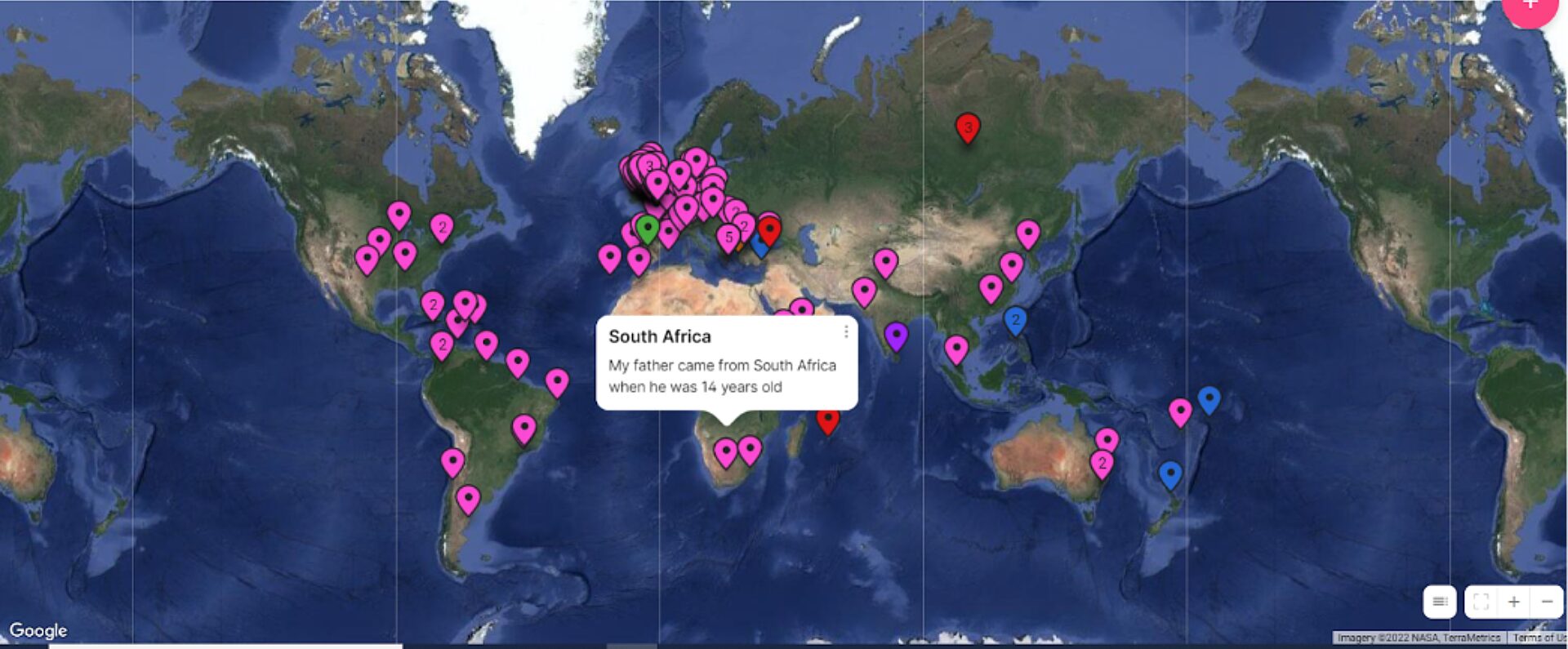Keywords
Colonial: relating to colonisation, where one nation conquers another and imposes its laws and customs, creating a franchise/colony of the country. For example, Britain built a navy that warred with indigenous people all over the world and conquered a quarter of the globe.
Mercantile: connected to the sea.
Transatlantic Triangle: refers to the commodities exchanged for captured people in West Africa; the exchange of captured people for money or slave-produced raw materials in the Americas; and the trade of raw materials for money and commodities in Europe.
Enslaved person vs. slave: ‘enslaved person’ addresses the dehumanisation that African people were subjected to through the Eurocentric gaze. The stolen and brutalised souls included artists and doctors, adults and children, before they were made into ‘slaves’. The adjective ‘enslaved’ describes their situation rather than naming them with the noun 'slave’. It gives dignity and respect.
Slave trade vs. slavery: the ‘slave trade’ refers to the brutal journey of enslaved people across the Atlantic, the ‘middle passage’ between West Africa and the Americas, whereas ‘slavery’ refers to the exploitation that happened on plantations.
Decolonise: there is no way to reverse the lasting legacies of colonialism but the act of decolonisation means addressing the enduring inequalities. Our programme is centred around decolonial practise because it educates the public about the true history of the building and creates space for anti-racist leaders and allies to be active in dismantling systems of oppression, as well as equitable opportunities for skills development.
Equity: actively addressing the uneven opportunities for people with protected characteristics (e.g. age, race, gender, disability). Unlike ‘equality', it doesn’t simply assume everyone has the same amount of privilege. Basically, the people who are on the outside of the running track at a race get to start a bit further forward.
Reparations: monetary, intellectual or other ways to compensate descendents of enslaved populations for the brutalisation that their ancestors faced during the transatlantic slave trade.
How deep are your roots in Liverpool?
Liverpool has been described as 'the world in one city': add your family heritage to the map to see if this is true! Do these journeys of migration have colonial links?

